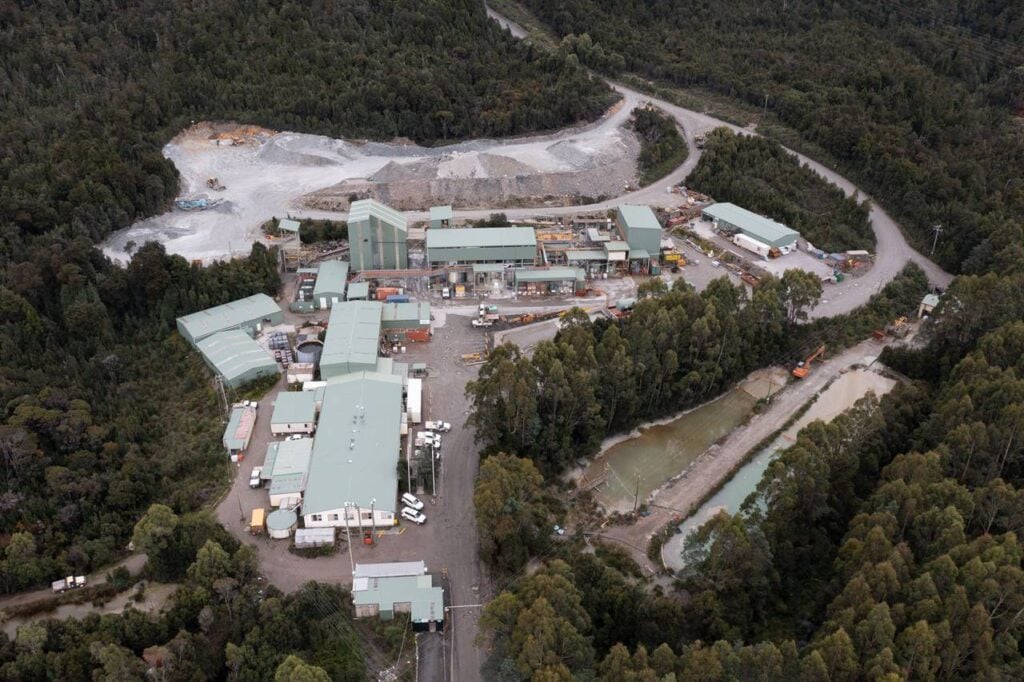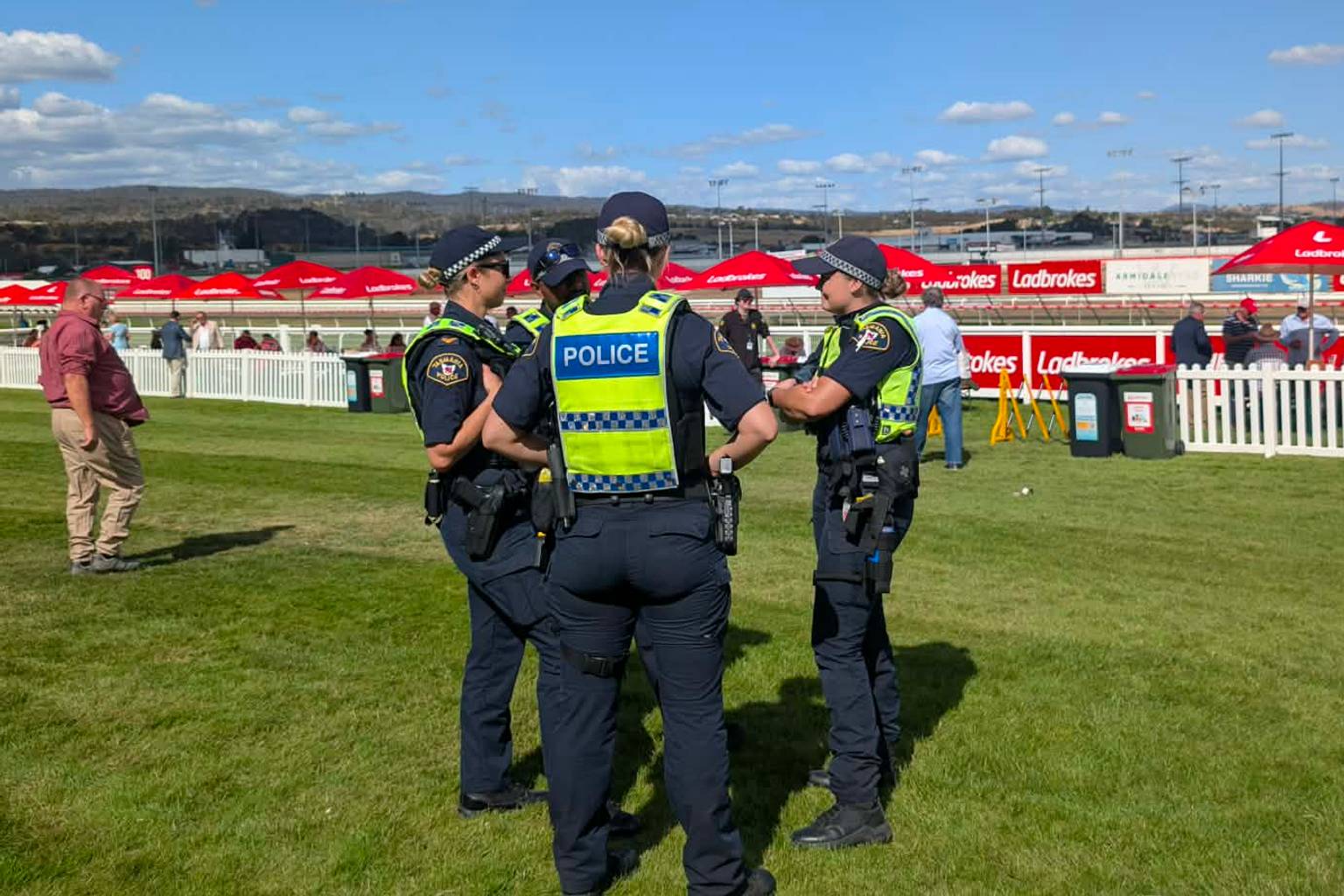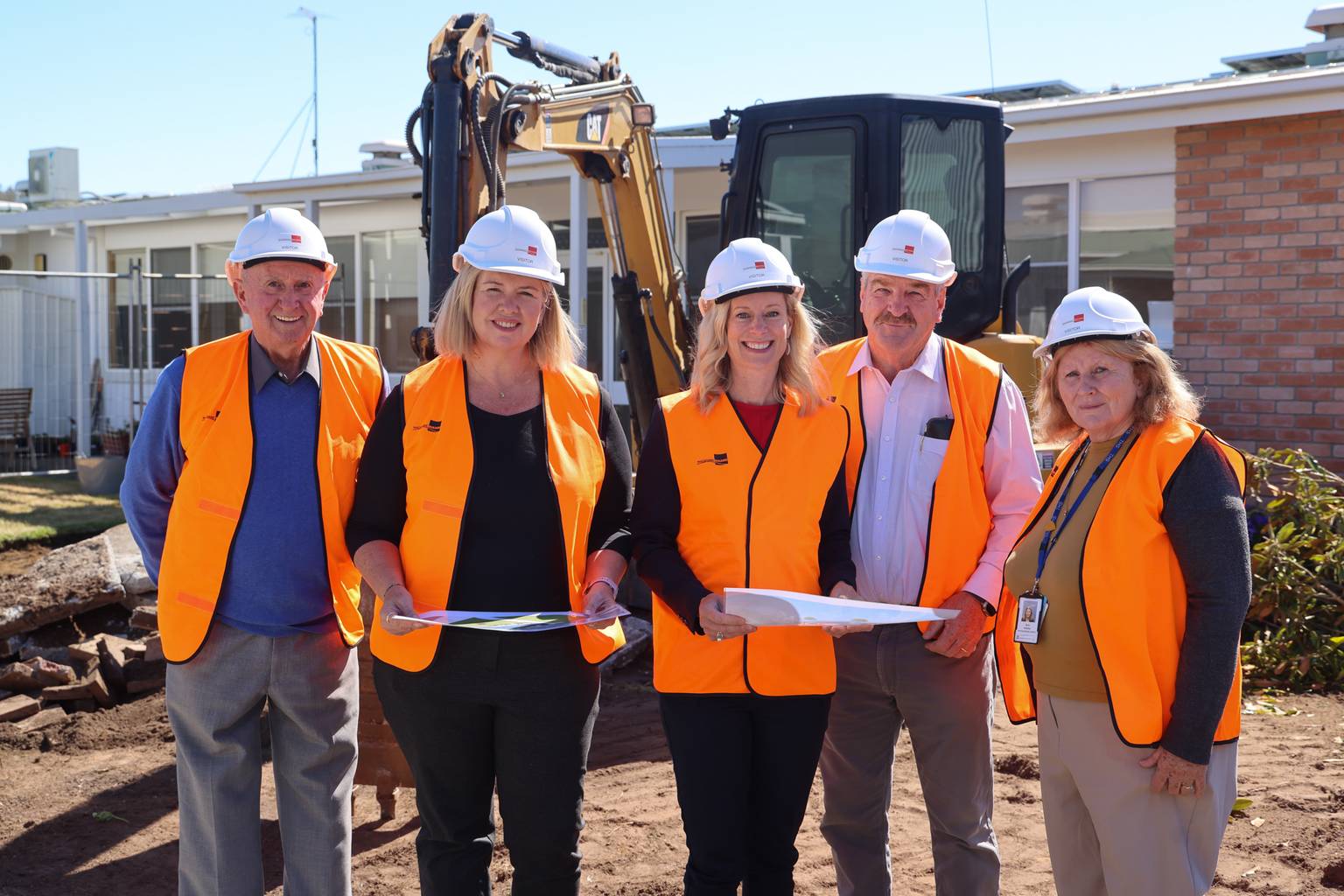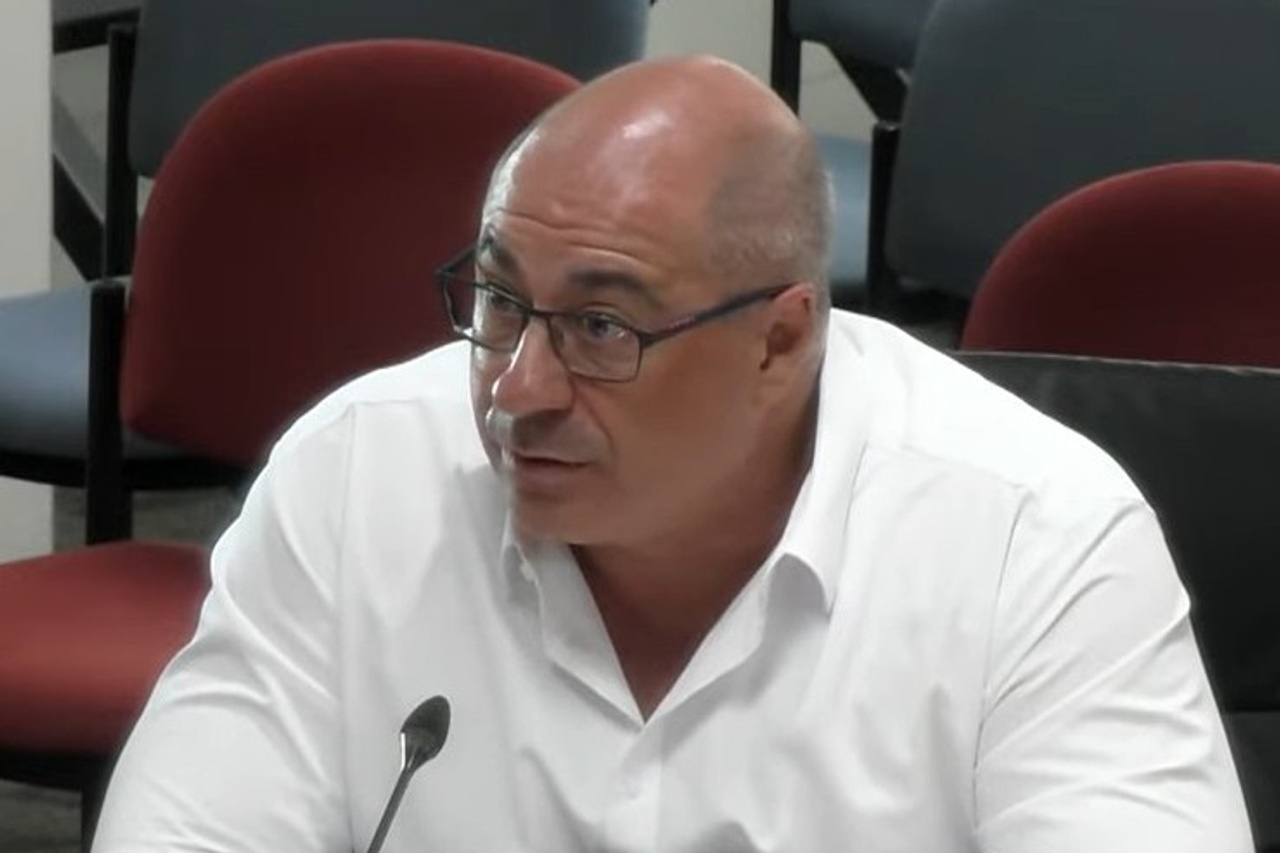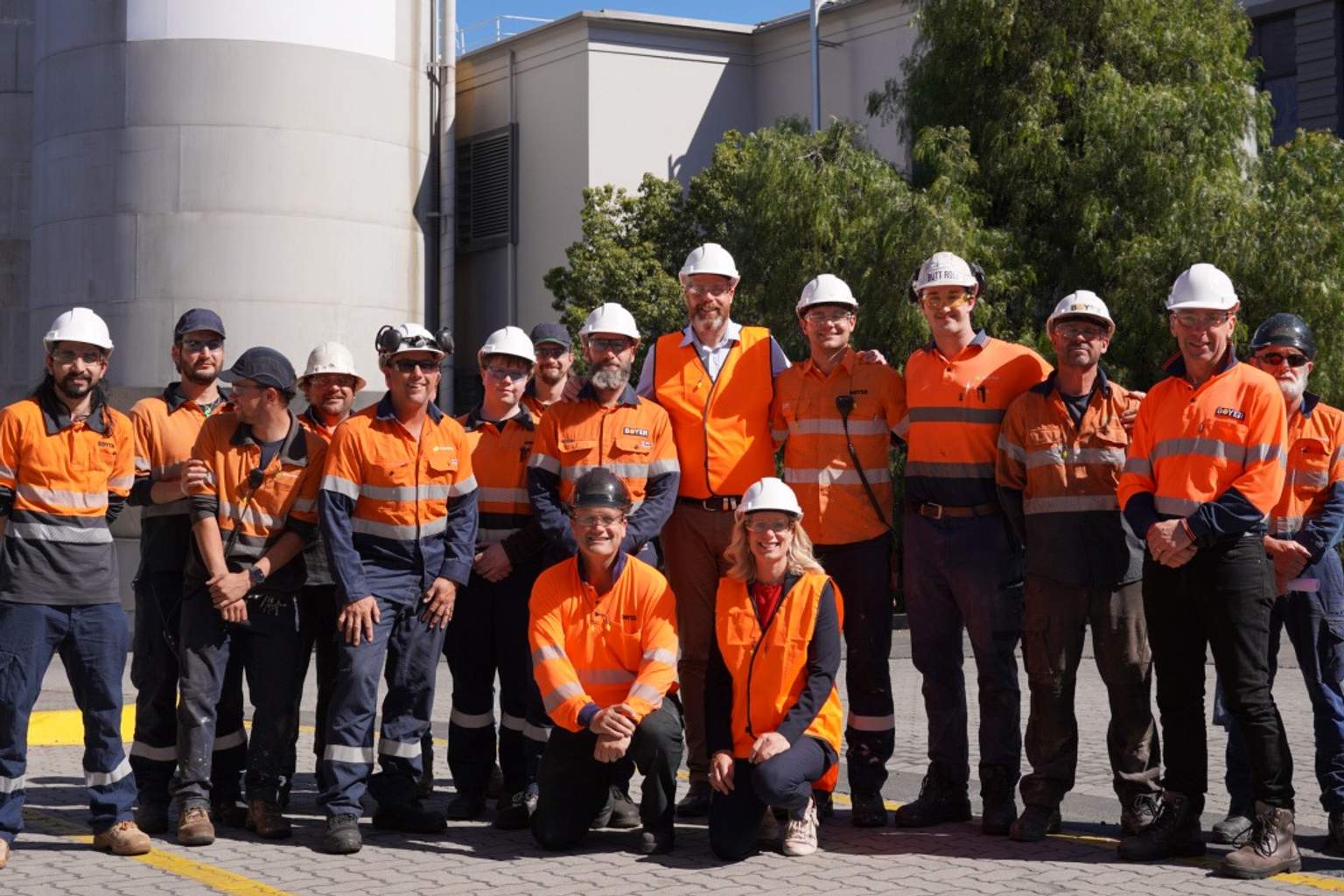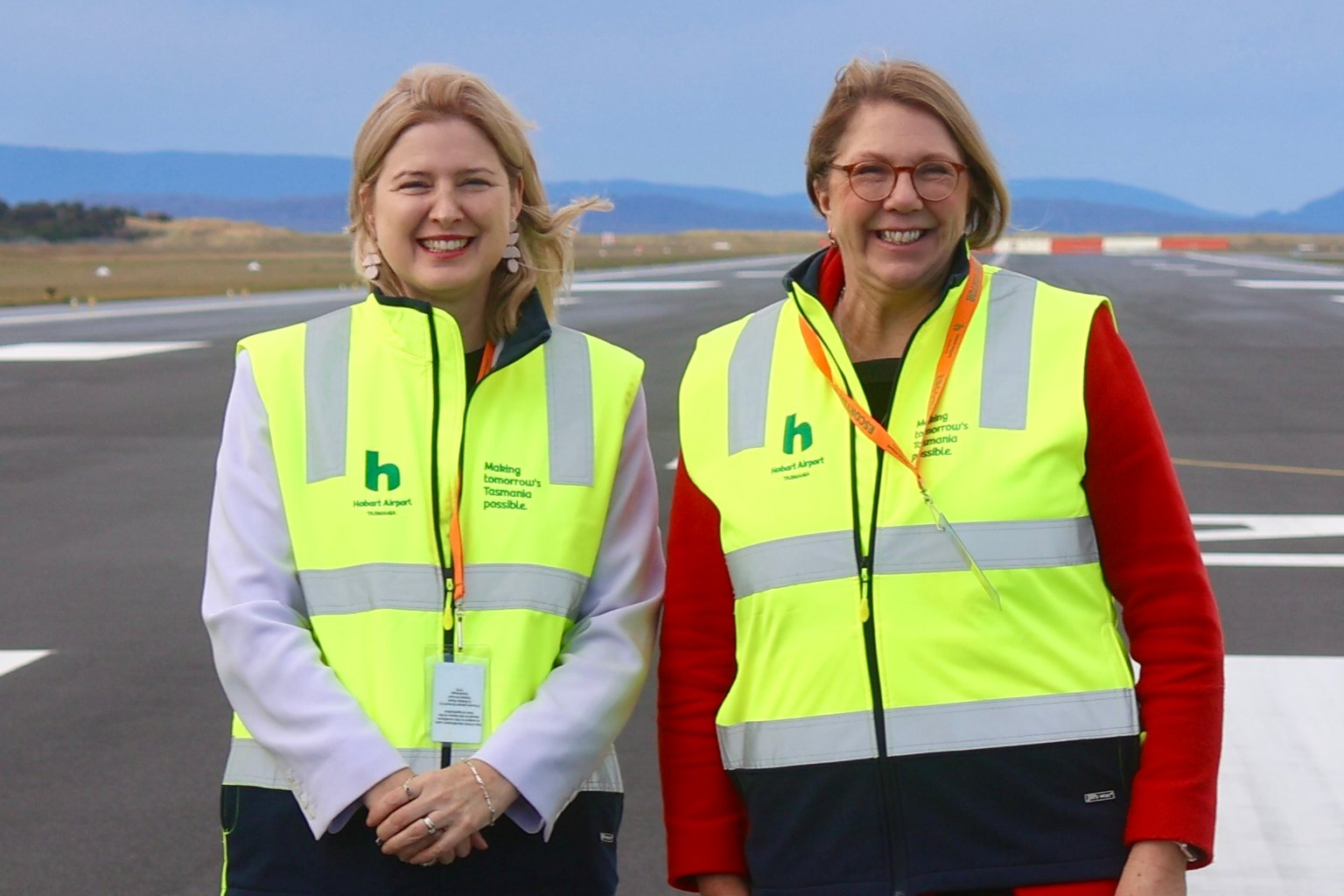A loss of institutional knowledge at a Tasmanian gold mine meant a worker was operating heavy machinery over an underground hazard that ultimately claimed his life, a coroner has found.
Cameron John Goss, 44, died when the ground gave way beneath his 44-tonne loader at the Henty Gold Mine on Tasmania’s West Coast on January 23, 2020.
The Queenstown-born father of two fell 10 metres into a void that opened as he worked the night shift, suffering fatal chest injuries.
Coroner Simon Cooper found key information about the “frozen downhill rise” beneath Goss had been lost over more than a decade of changing ownership and staff turnover.
“The loss of that information appears to have occurred as a result of mining activities being conducted by various mining companies over a 14 year period,” Cooper wrote in findings published this week.
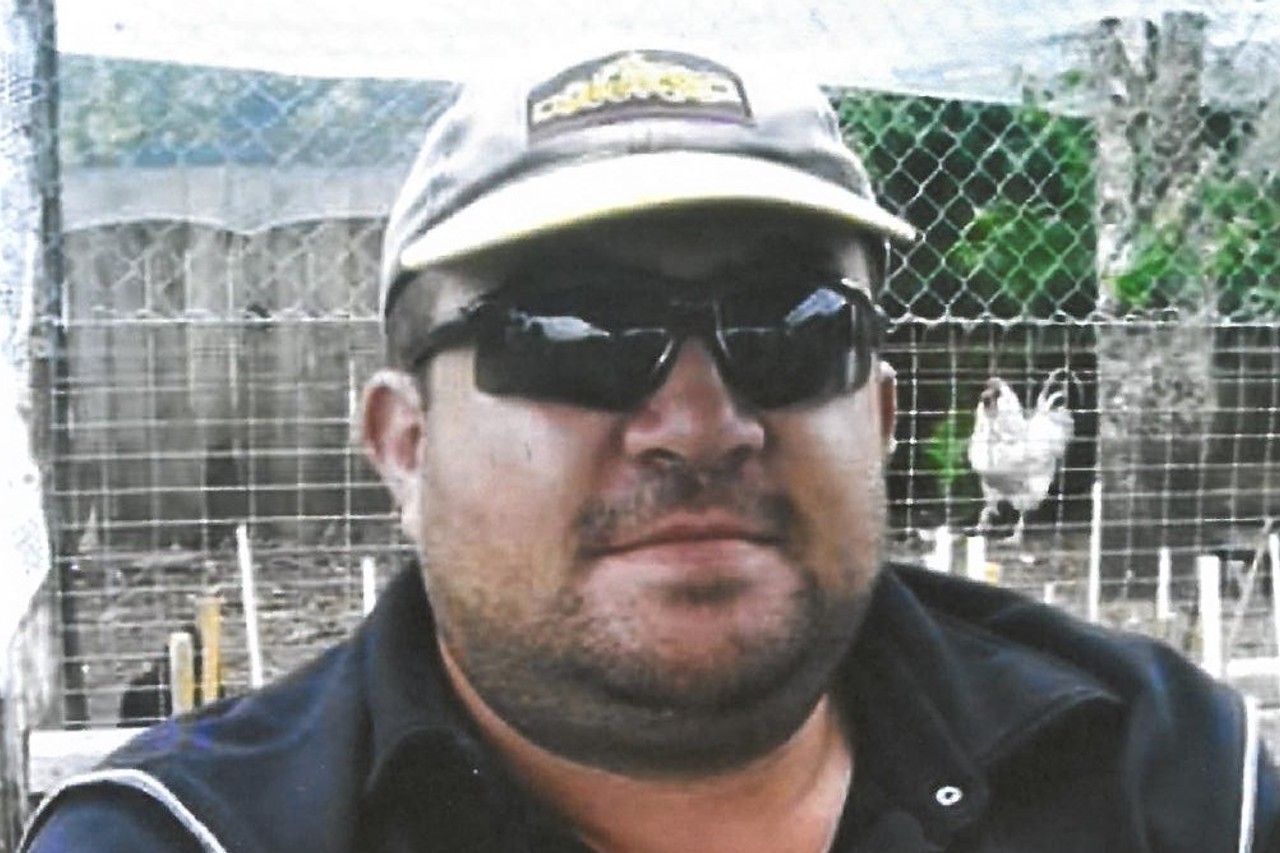
“That period saw a natural attrition of staff, changes in ownership and management as well as periods of care and maintenance.”
“All that explains, but does not excuse, the loss of knowledge and information in relation to both history and work practices.”
Goss, described by colleagues as cautious and well liked, had completed all required safety checks before starting his shift.
His loader had been serviced two days earlier and he passed a breath test at the mine gate.
The alarm was raised around 4:10am when a co-worker realised Goss had stopped responding to radio calls.
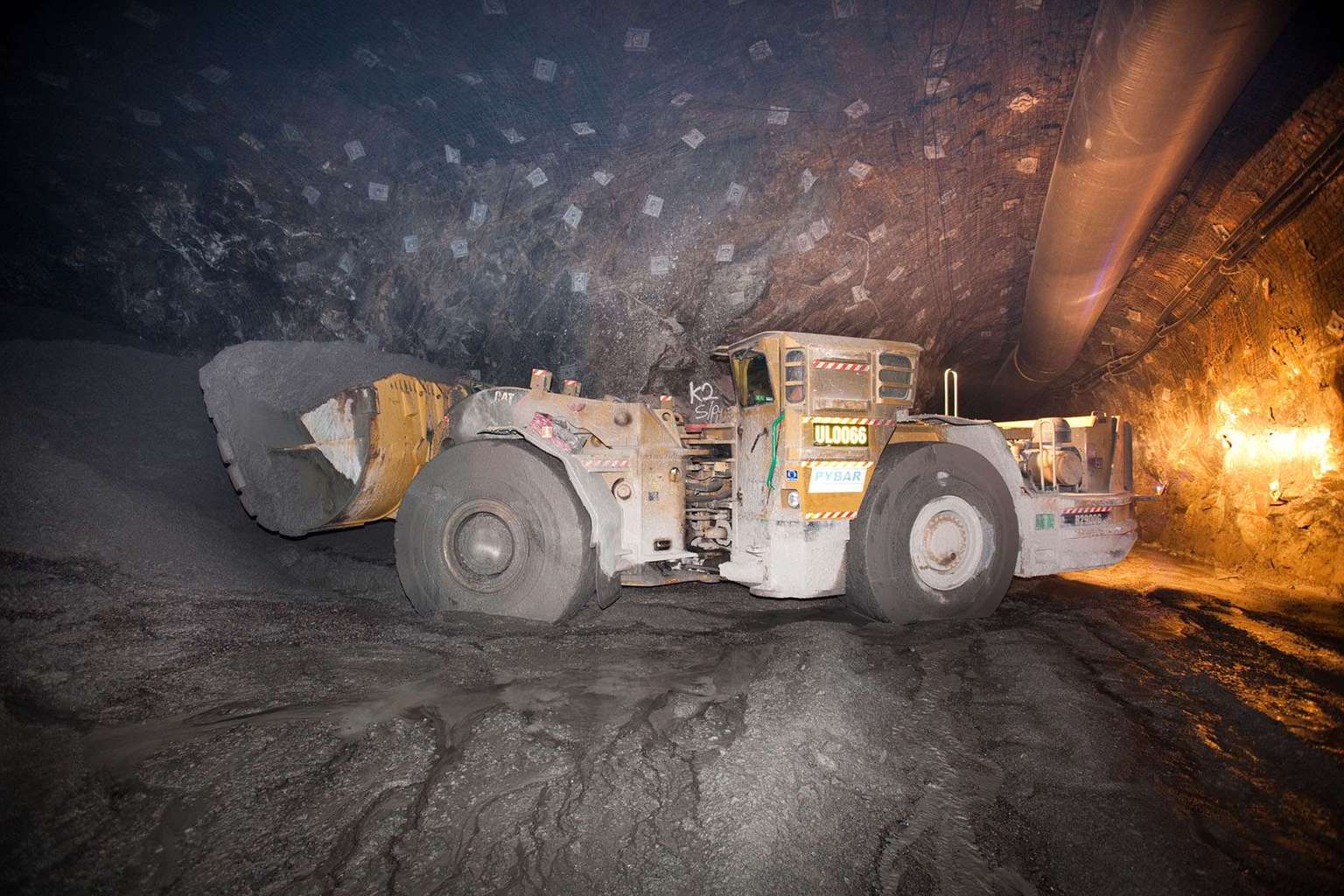
The worker soon discovered a gaping void where Goss had been operating moments earlier, with the loader overturned below.
All underground workers were evacuated and emergency services notified.
It took 25 days to recover Goss’s body from beneath two metres of rubble in what Cooper described as a “complicated and difficult operation” carried out in “very challenging circumstances”.
The coroner noted it was unclear whether Goss had been wearing his seatbelt but concluded it would not have saved him.

Unity Mining later pleaded guilty to failing to comply with health and safety duties under the Work Health and Safety Act and was fined $150,000.
Cooper made no further recommendations beyond the criminal proceedings.

